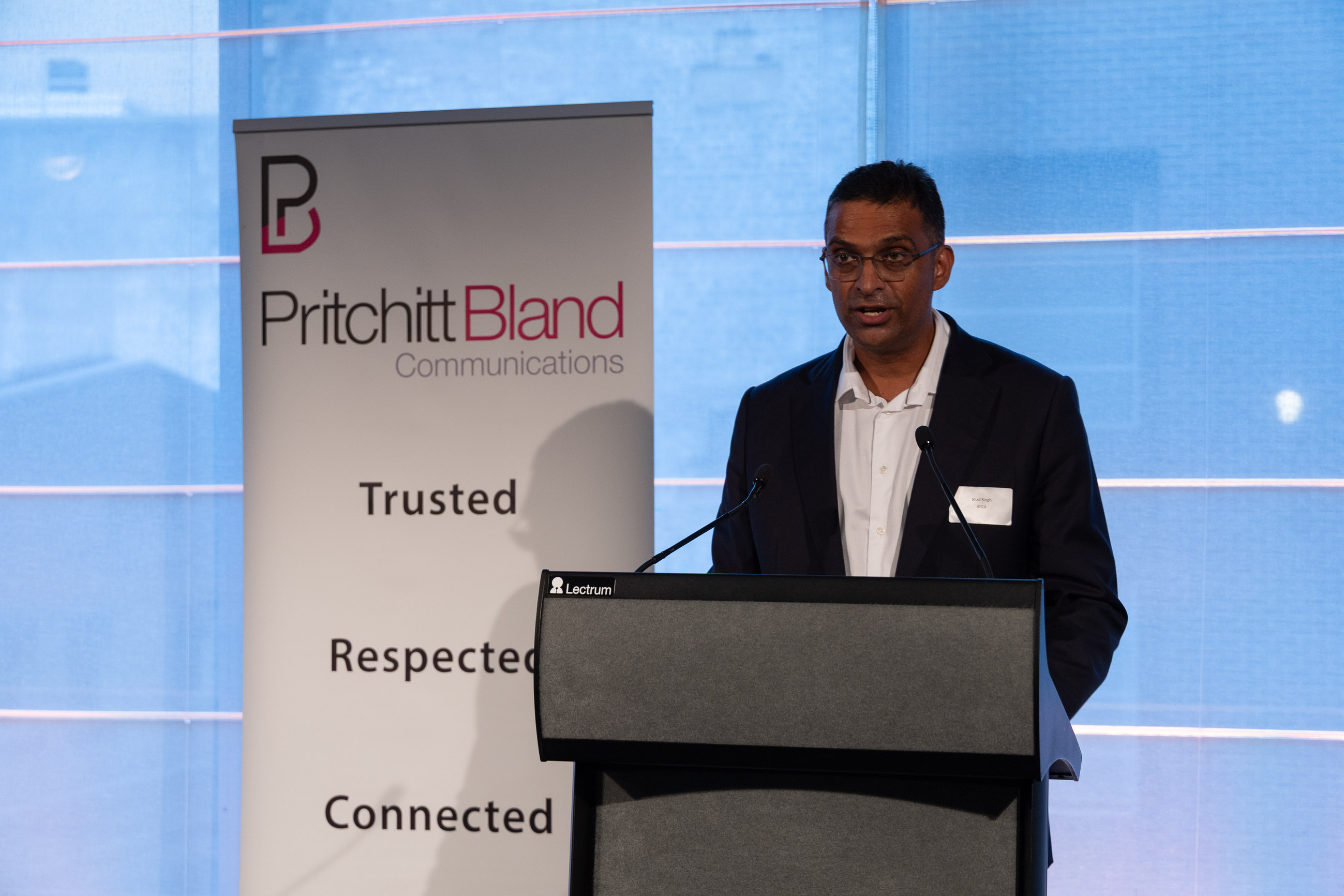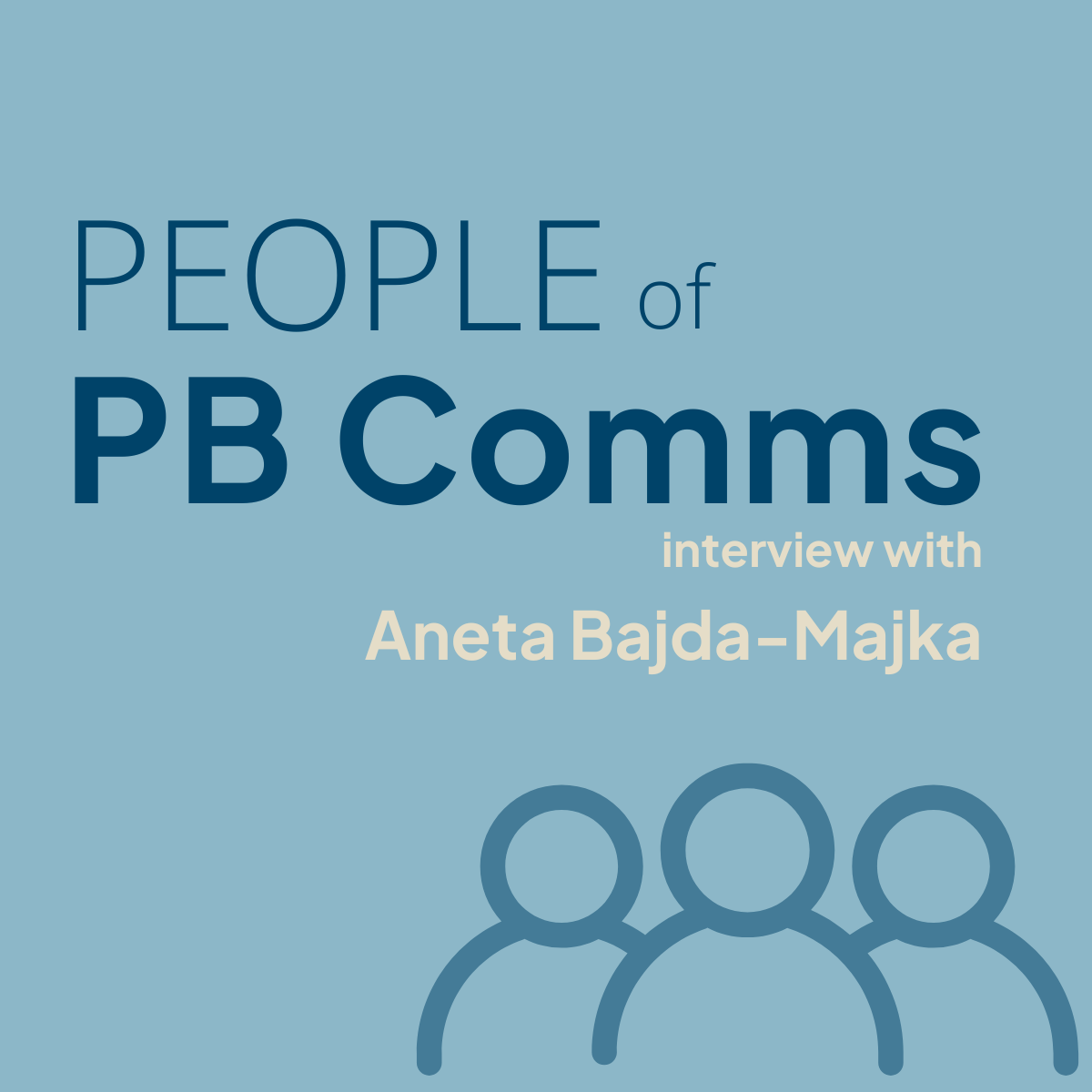Financial literacy is incredibly important for all Australians, whether preparing for your first job or first child, or heading towards retirement. These key milestones demand knowledge about money, and financial literacy empowers people to make more informed choices about managing their money, helping them achieve key milestones throughout life.
Whether it's basic budgeting, saving for a first home deposit, planning for retirement through superannuation, or funding a child's education, financial literacy allows Australians to set realistic financial goals and achieve them. This is a key point to note with NSW Literacy and Numeracy Week being held from 29 August to 4 September and the UN International Literacy Day on 8 September.
Understanding numbers helps in many different ways, such as knowing how debt works, interest rates, credit costs, taxation, and concepts like compound interest, investment diversification, and risk management, all of which allow Australians to make smarter decisions about managing their money and building wealth over time.
Indeed, financial literacy isn't just about survival; it's also about thriving and growing one’s resources and independence. Greater financial literacy empowers people to make good choices about everyday financial matters such as choosing the right bank account, selecting the proper insurance coverage, and understanding the implications of different tax strategies. This can result in better financial outcomes and a stronger sense of control over financial wellbeing.
Financial literacy also enables Australians to make sound financial decision-making during challenging times such as economic downturns, a job loss or coping with unexpected expenses, such as those resulting from illness or accidents. All of this can help to reduce financial stress and build resilience through a person’s life.
Official help is at hand
Several Australian organisations promote financial literacy, such as the Australian Securities and Investments Commission (ASIC) and the Moneysmart website. Additionally, programs like the Federal Government’s National Financial Literacy Strategy and the FAAA’s Money & Life workshops aim to enhance financial literacy and capability of Australians.
Not-for-profit Ecstra Foundation is also committed to building the financial capability and wellbeing of young Australians with its Talk Money program, which is designed to help Australian school students learn money lessons, including those related to superannuation.
Indeed, grasping the basic of superannuation is an essential lesson. That includes understanding contribution types, fees, investment options, and the impact of compounding interest, can significantly boost a person’s retirement nest egg. With financial literacy, Australians can make informed decisions about contribution strategies, such as salary sacrificing or utilising government co-contributions, to maximise their savings.
ASIC MoneySmart Retirement Planner’s is an important tool in this regard. That calculator helps people work out what income they are likely to receive from superannuation and the Age Pension when they retire, and how contributions, investment options, fees and retirement age can impact their retirement income. The planner helps Australians learn how working part-time or taking a break from work affects superannuation balances. Understanding different investment options within a super fund, such as diversified or lifecycle funds, also allows savers to make more informed decisions based on their risk tolerance and time horizons.
For share market investing, financial literacy equips people with the knowledge to evaluate different investment options based on their potential risks and returns. Investors can make more informed decisions about investing in individual companies on the Australian Securities Exchange, managed funds, or exchange-traded funds (ETFs), aligning their investments with their financial goals. Understanding the important concept of diversification also allows investors to spread their investment risk across various asset classes and different sectors of the share market.
Financial literacy also enables Australians to have a long-term perspective on share market investing, focusing on building wealth over time rather than chasing short-term gains. This will help investors navigate market fluctuations and stay focused on investment objectives, even during periods of volatility, rather than relying on fear, speculation or market hype.
So, as we head into Financial Numeracy and Literacy Week and UN International Literacy Day, we hope to draw attention to the importance of financial literacy, and the tools available to help achieve it. It is a vital life skill that enables all Australians to achieve their financial goals, and build a secure and prosperous future for themselves and their families.



















